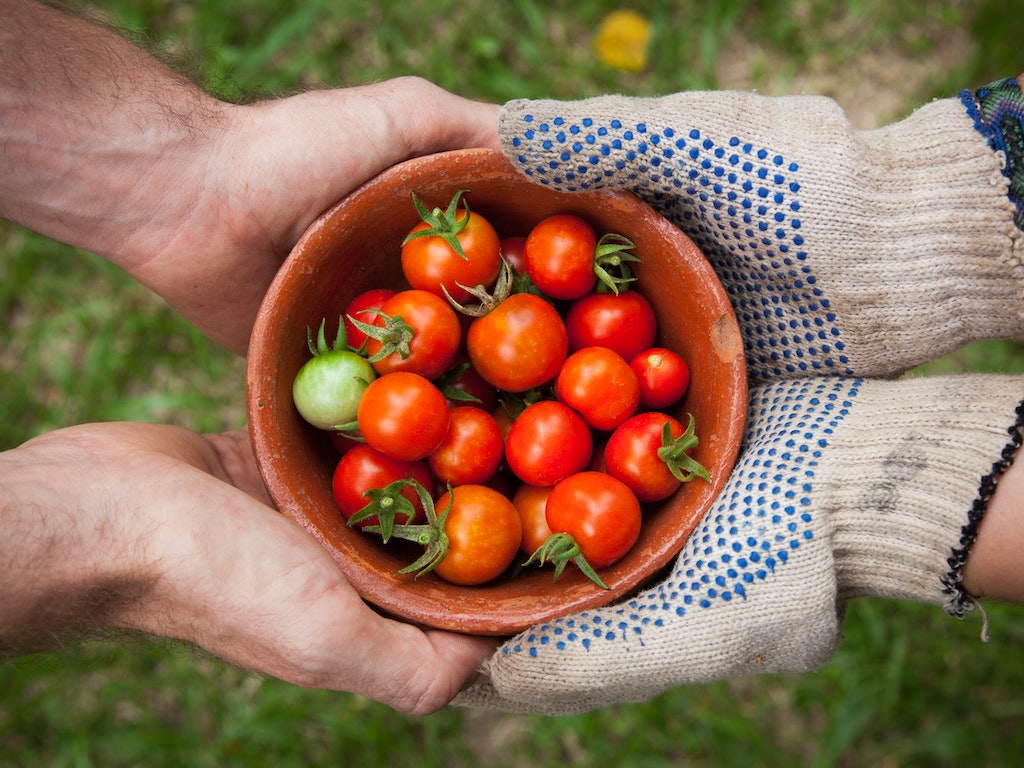The challenge of sustainably feeding a world of 10 billion people is going to require a lot of solutions. Entrepreneurs and innovators all over the globe are working hard to come up with answers. And 10 startups have just been selected for their ideas, from growing real seafood from fish cells to using AI to prevent food waste.
These companies were handpicked by Swiss innovation engine Thought For Food (TFF) as part of its 2021 challenge. More than 5,000 participants entered the contest, hailing from 120 countries. As finalists, the 10 startups will embark on a three-month Academy accelerator program to scale up their ideas.
Let’s take a look at who these innovators are and how they’re going to change the way we eat.
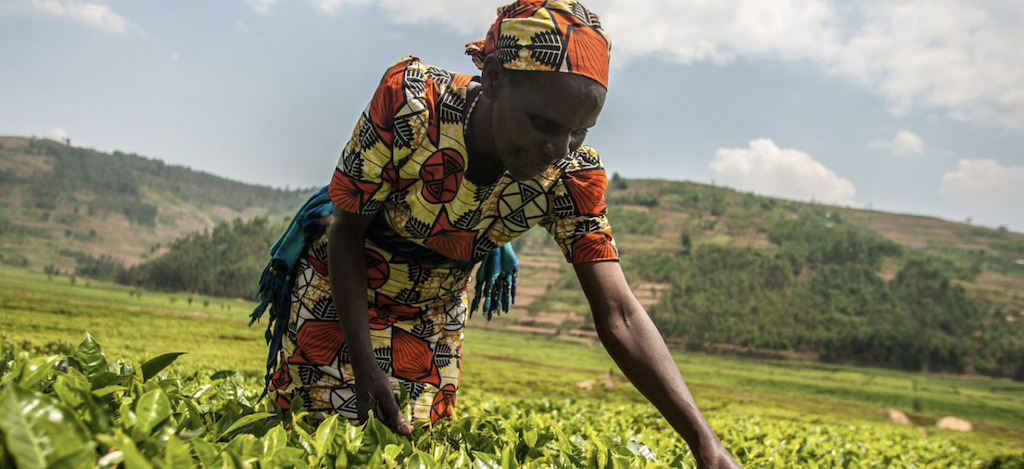
1. BMTA&C
BMTA&C is a tech startup from Morocco bringing solar-powered cold storage to the African continent. By delivering solar refrigeration, the company wants to help African farmers reduce their post-harvest losses—and prevent food waste at the same time. BMTA&C was founded by four engineers from the EMINES School Of Industrial Management, who came together because of their passion to tackle food insecurity, water, energy access, and climate change.
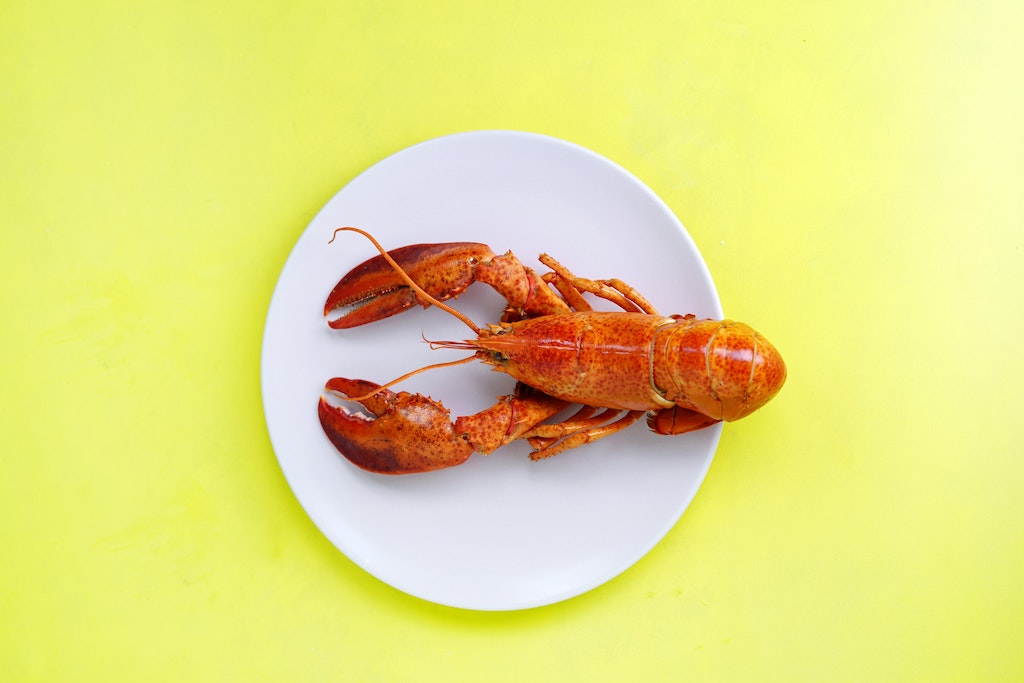
2. Cultured Decadence
Cultured Decadence is the first North American food tech company focused solely on creating cell-based lobster and shellfish. It aims to disrupt the unsustainable fishing industry by using cellular agriculture to grow seafood from fish cells. And it has already caught the eye of investors, recently closing an oversubscribed $1.6 million pre-seed—the largest of its kind within the cultivated food industry.
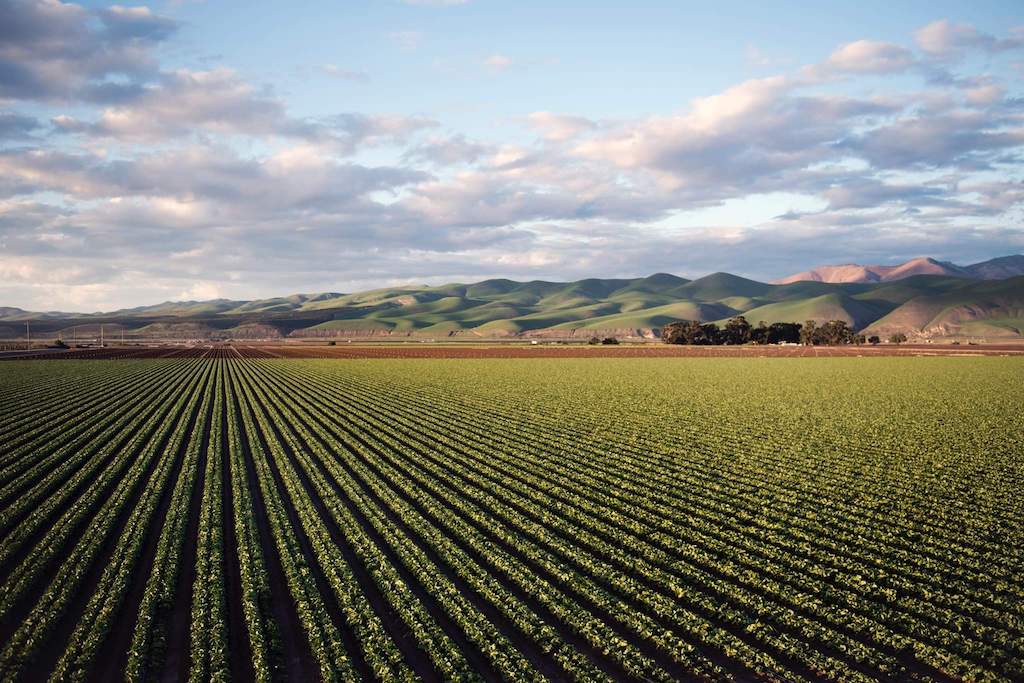
3. CurubaTech
Colombian startup CurubaTech is focused on bridging the tech gap in the country’s farmlands. Working in the context of post-conflict Colombia, where farmers under a 50-year-war shifted away from cocoa production, the startup’s digital platform helps to improve supply chain transparency. Called the SEED tracking system, it organises and digitalises the entire agrifood supply chain to help improve traceability, boost farmers’ yields and positively impact lives in the community.
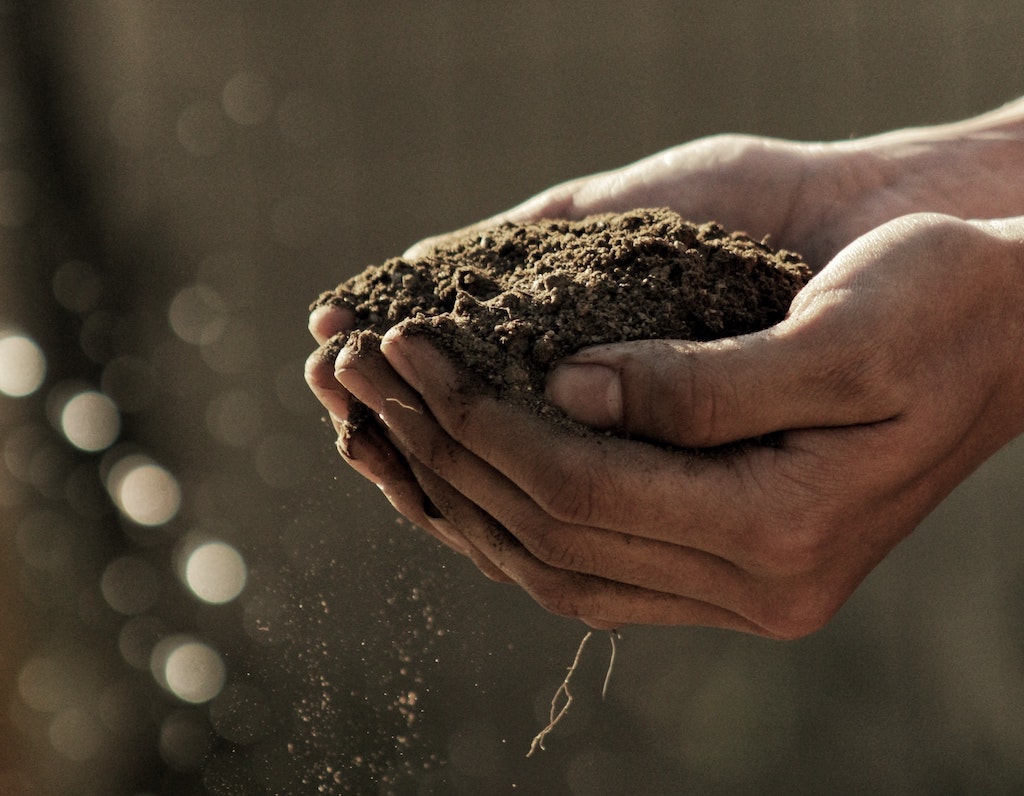
4. Humica
Humica is a Mexican firm that wants to promote regenerative agriculture through its healthy snacks. The company has created a range of climate-friendly snacks made from regeneratively-grown crops, such as apple chips, mango chips, and melon chips. All of them are made with only 100% organic and natural ingredients and are sugar-free.
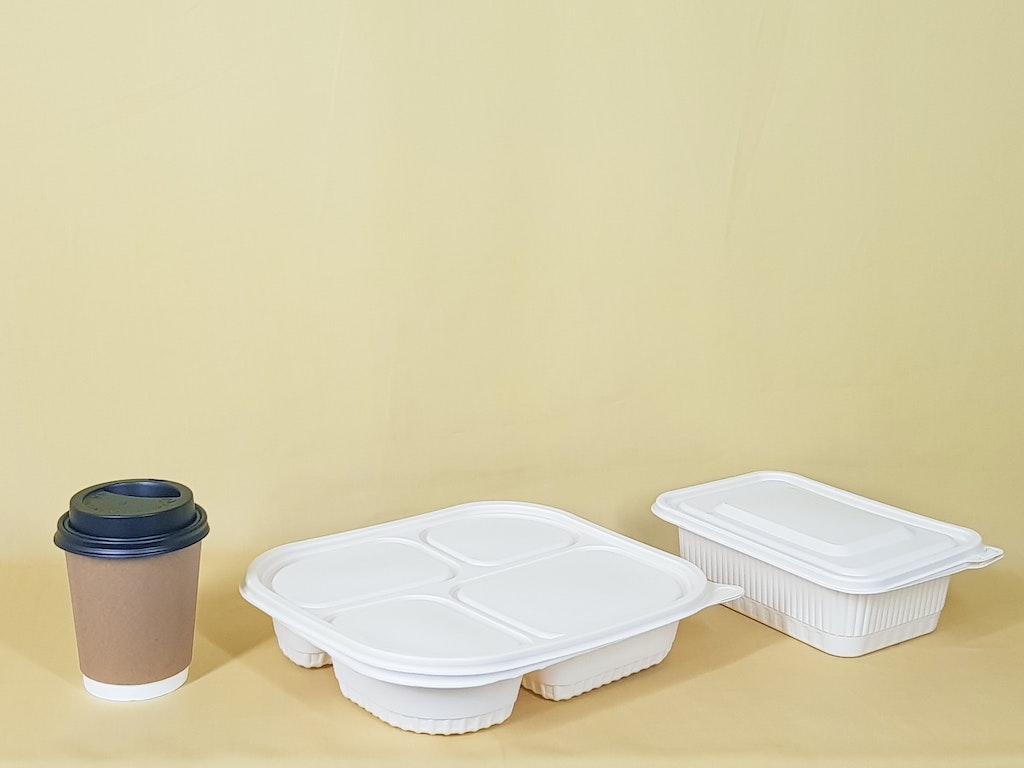
5. Infinity Box
Indian startup Infinity Box is on a mission to fight packaging waste in the food industry. Its circular and reusable container solution aims to replace single-use plastic ones while bringing customers and restaurants monetary savings. Diners can order food on a delivery app, choose their Infinity Box, and return the reusable container at a drop-off point. The company then cleans, sanitises, and returns these containers to foodservice locations to reuse again.
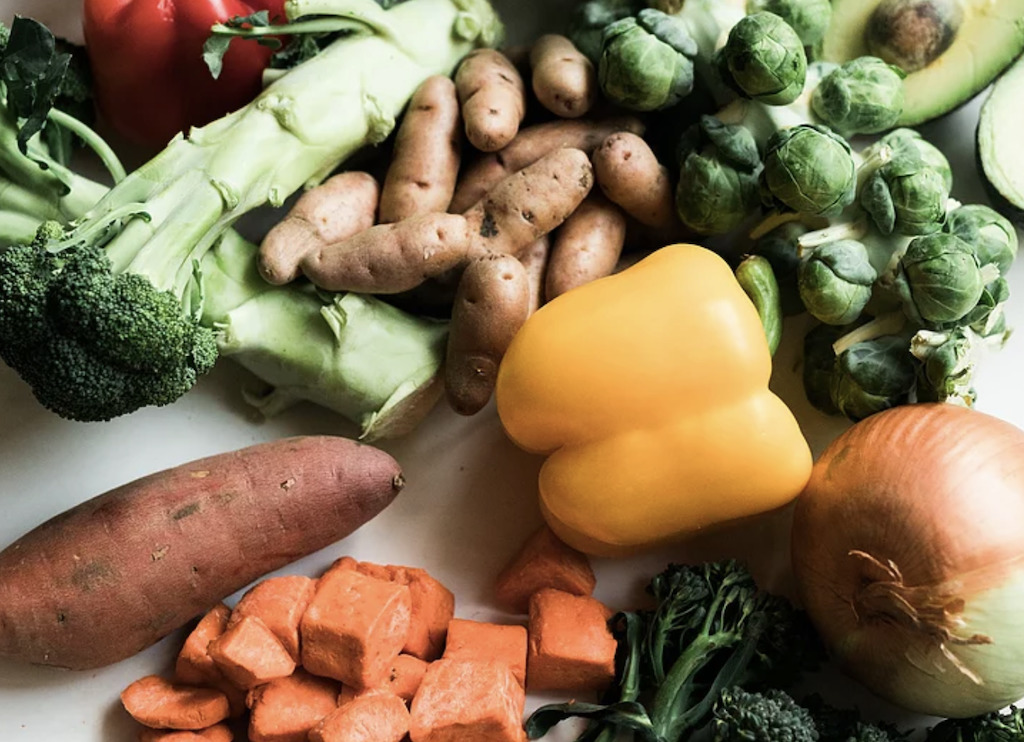
6. Invisible Foods
Invisible Foods’ motto is to “make lost food visible” again. Based in the Netherlands, it has developed an AI-driven platform that can aggregate and predict food loss in the supply chain. By identifying where the food surplus is, businesses can create new upcycled products and the company can certify these products using the platform. Some of these products include upcycled veggie pesto, rescued chocolate bars, and food waste-fighting fusilli pasta.
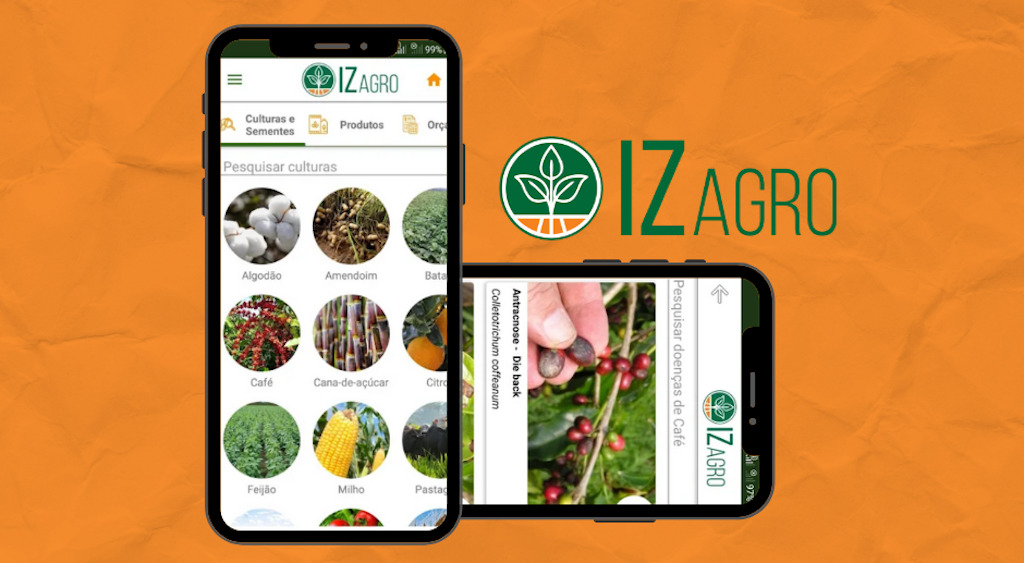
7. IZagro
Brazilian tech firm IZagro is a free digital app that provides information on pesticides, seeds, and fertilisers. By making this data accessible, the company wants to empower small and medium-size farmers to calculate the costs of their inputs directly with distributors around their region. It also arms farmers with helpful advice on pests and weather patterns to boost yields.
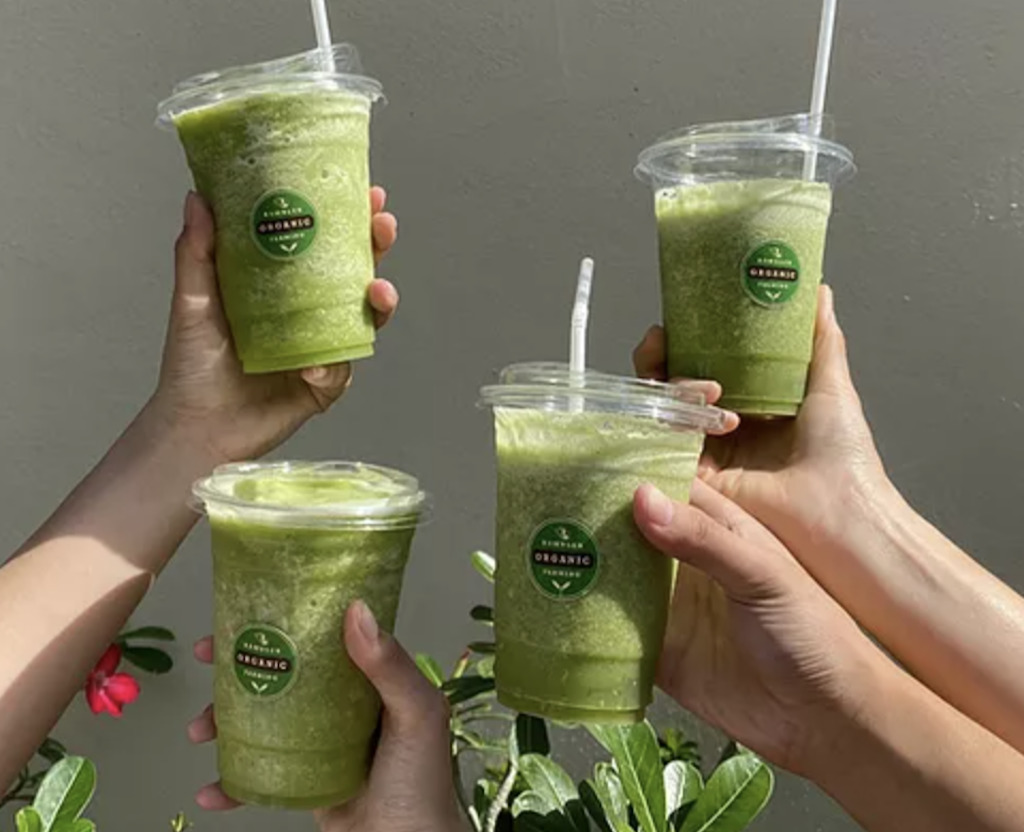
8. Rambler
Rambler is a Thai social enterprise that has developed an automatic vending machine that can connect organic farmers in the country to city dwellers. Consumers want healthy organic drinks, while farmers struggle to find an entry into the market. So Rambler created a vending machine that can freshly blend “GreenSmooth” drinks using local organic fruit and vegetables like Thai basil, watercress, and guava.
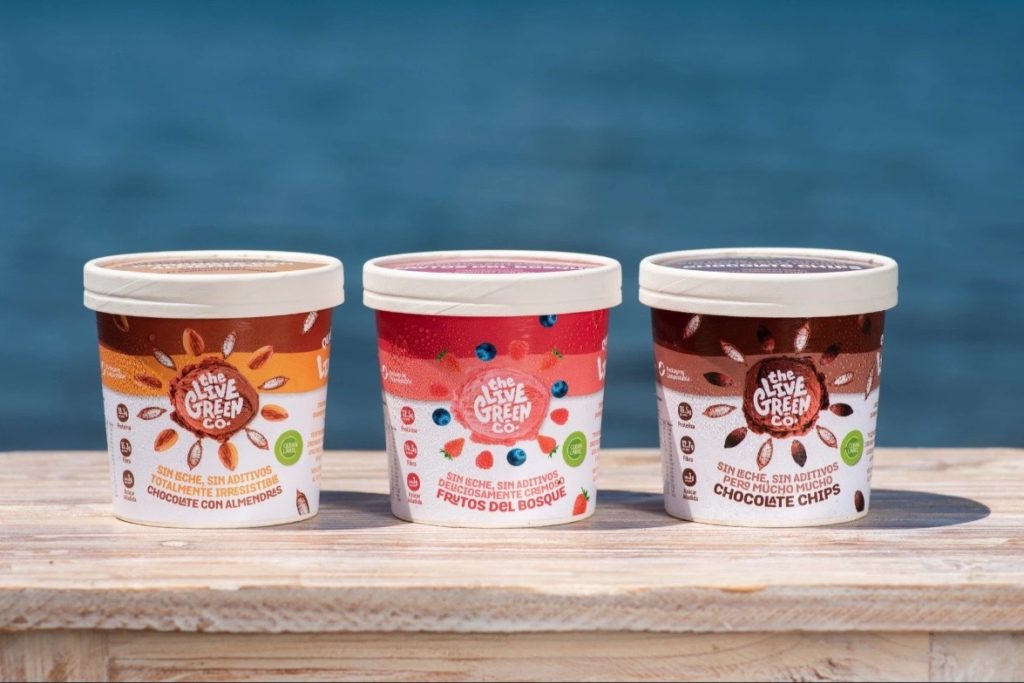
9. The Live Green Co.
Chilean food tech The Live Green Co. uses its proprietary AI-powered engine called Charaka to create plant-based alternatives. The platform is able to suggest natural plant alternatives to meat, dairy, and synthetic ingredients like emulsifiers, food stabilisers, and anti-freezing agents. Among some of the products in The Live Green Co.’s range include dairy-free ice creams, vegan burgers, and plant-based baking mixes.

10. Zuhura Solutions
Based in Kenya, Zuhura Solutions is a social enterprise supporting the grassroots community with its flagship product: Halisi Trolley. It’s a scalable renewable energy street food vending cart that can safely heat and distribute food, giving underserved populations new sustainable business opportunities.
Lead image courtesy of Unsplash.


